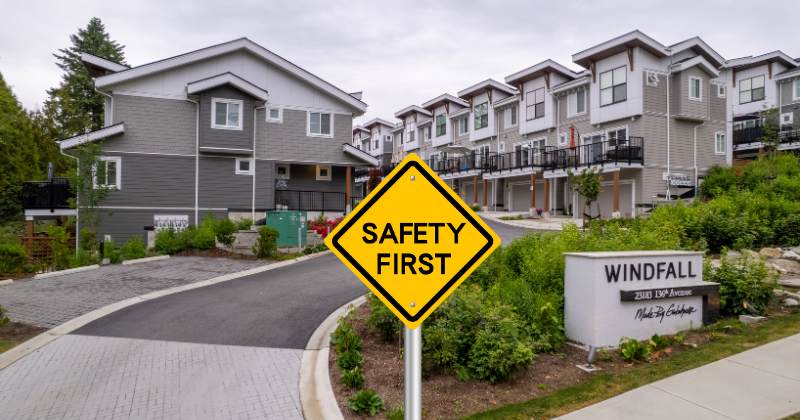Surrey’s real estate market is moving fast—and what’s coming next promises even bigger changes. From sky‑high towers to new transit corridors and evolving buyer tastes, here's a look at the future trends and market developments shaping the Surrey real estate outlook in 2025.
1. Transit-Oriented Development: SkyTrain Expansion
The Surrey–Langley SkyTrain is now under construction, pushing east from King George to Langley. With stations at Fleetwood, Clayton, and Willowbrook, the 16‑km extension is expected to be completed by 2029.
What this means:
Increased demand for condos and townhomes near transit stops
Rising property values in surrounding neighbourhoods
A surge in developers launching mixed‑use towers, offices, and amenities
2. Rise of High-Rise Communities
Surrey’s skyline is changing dramatically. Several towers over 50–60 storeys are already approved or in development, including:
Centre Block (~48 stories) and Parkway 2 (~50 stories) in City Centre
Continued development at King George Hub, adding retail, office, and residential space
Expect high-density, vertical living—with community-focused designs and walkable neighbourhoods.
3. Explosive Construction: New-Build Developments
Surrey is booming with pre-construction activity. There are over 58 new developments, including condos, townhomes, and 360+ planned communities
Highlights include:
Low-rise to high-rise condos under construction
Townhomes in Guildford, Sullivan Station, Fraser Heights
Single-family pre-sales like Abbey Heights (Fraser Heights) set for 2025 delivery
This wave of supply gives buyers more variety while signaling ongoing investor interest.
4. Shifting Market Outlook
Provincial real estate bodies forecast modest price growth in BC—around +3% in 2025—with a balanced market entering mid‑2025. Locally, Surrey ended 2024 with a balanced sales-to-active ratio (~16%).
What to expect:
Slower, more stable price appreciation
Greater transparency and predictability for buyers and investors
5. Economic Strength & Innovation Clusters
Surrey’s economy is diversifying, with momentum in:
Health sciences (Surrey Memorial Hospital expansion, new Cloverdale hospital by 2026)
Tech and clean energy sectors—including unique biofuel and health tech startups
Education expansions, including SFU and UBC satellite campuses
These sectors bring jobs, talent, and housing demand—especially in new urban zones.
6. Emphasis on Sustainable Urban Design
Surrey continues implementing its Sustainability Charter, prioritizing:
Green building standards
Walkable, mixed-use neighbourhoods
Energy-efficient community planning
Future condos and townhomes are expected to feature eco-friendly design, low-carbon materials, and energy-saving technologies.
Final Thoughts: Navigating Surrey’s Real Estate Future
The Surrey real estate future is defined by infrastructure, innovation, and smart growth. Key forces on the horizon:
Ready to Thrive in Surrey’s Next Chapter?
Whether you're buying, selling, or investing, staying ahead of local market developments and property trends is essential.
At Future Assets Group, we monitor new projects, transit updates, and economic signals—helping you make informed, future‑focused decisions.
📞 Let’s talk Surrey’s real estate outlook—contact us for a personalized strategy!
%20(1)%20(1)%20(1).png)
%20(1).png)


